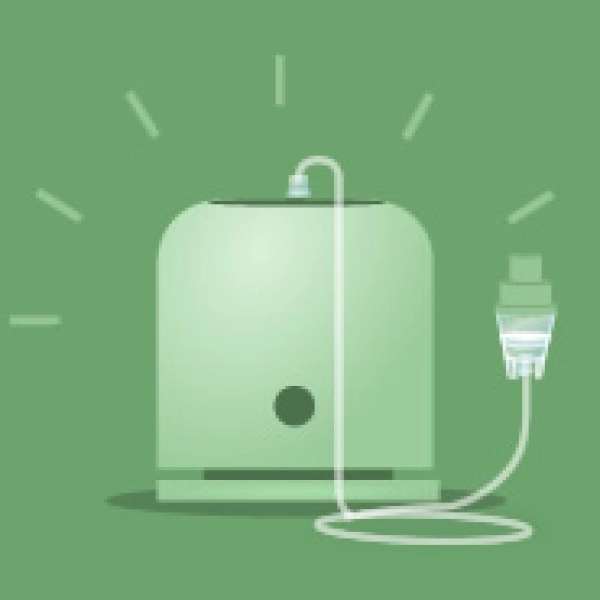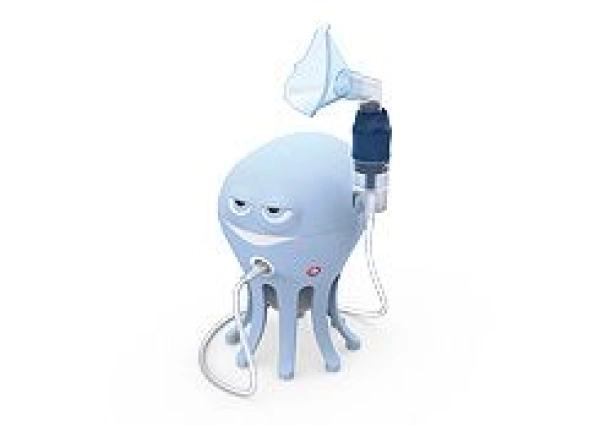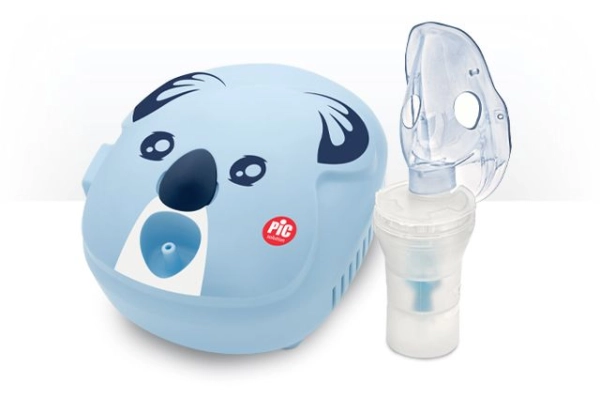

Psychosomatic symptoms are due to a range of illnesses that originate between the psyche and the body, especially in children. As various studies attest, in their daily practice doctors and paediatricians encounter young and old patients who present clear symptoms, but no infection or other airway pathology. In these cases, medical science focuses on the lack of objective proof: in other words, medicine cannot detect any element that would justify the symptoms. When all tests are negative, it's time to look elsewhere.
In this kind of situation, analysing a person's psychological wellbeing or conflicts can be useful to explain the symptoms he or she is suffering from. Developmental psychology has proven, for example, that children often use their body as a preferential tool to express their "pain". Our body is indeed the first means we have as human beings to interact with the important people in our life, and therefore can become the "place" where we express important messages about the quality of our relationships and the structure of our Self. In treating "pain", therefore, the diagnostic and therapeutic intervention clinical model should consider both the somatic and the emotional spheres. Many psychosomatic conditions are labelled as "breathing difficulties" and include nervous coughing and pseudo-asthmatic crises (so-called "intrinsic asthma").
Nervous coughing is one of the most frequent psychosomatic disorders, especially in children; it is also known as psychogenic or tic cough, because it constitutes a compulsive tic. Its main symptom is a nagging, dry cough that persists only during the daytime, and is very noisy. On the psychodynamic level, some researches have interpreted this type of coughing as a need to defend oneself from the risk of conflicts. On the psychological level, nervous cough could allow individuals to manage relationships that otherwise make them uncomfortable. It's what we would call "calling for attention" and can be observed, for example, in children who hope to attract a parent's cuddles or classmates' friendship. In some cases, psychological therapy can support the patient in tackling his or her issues and gaining more confidence.
Pseudo-asthmatic attacks or intrinsic asthma are other symptoms of a psychosomatic disorder affecting the airways. Medical and psychological research has associated such events to somatic symptoms of anxiety: much like nervous coughing, they are often due to the inability to overcome conflict in an adaptive way. Children, for example, may express in this way their fear of making mistakes or of loosing approval and affection, or their anxiety when separating from key figures like their parents, especially when this happens suddenly or in an unexpected way.



